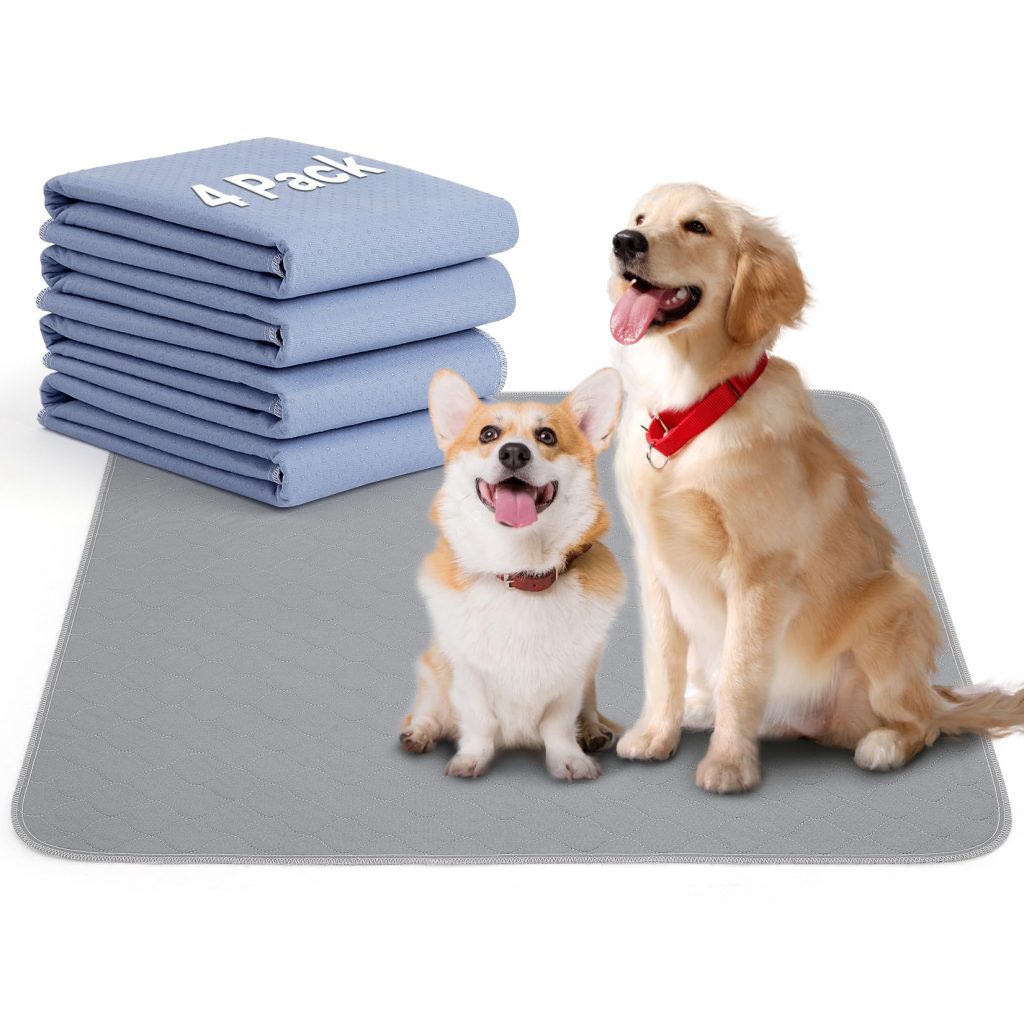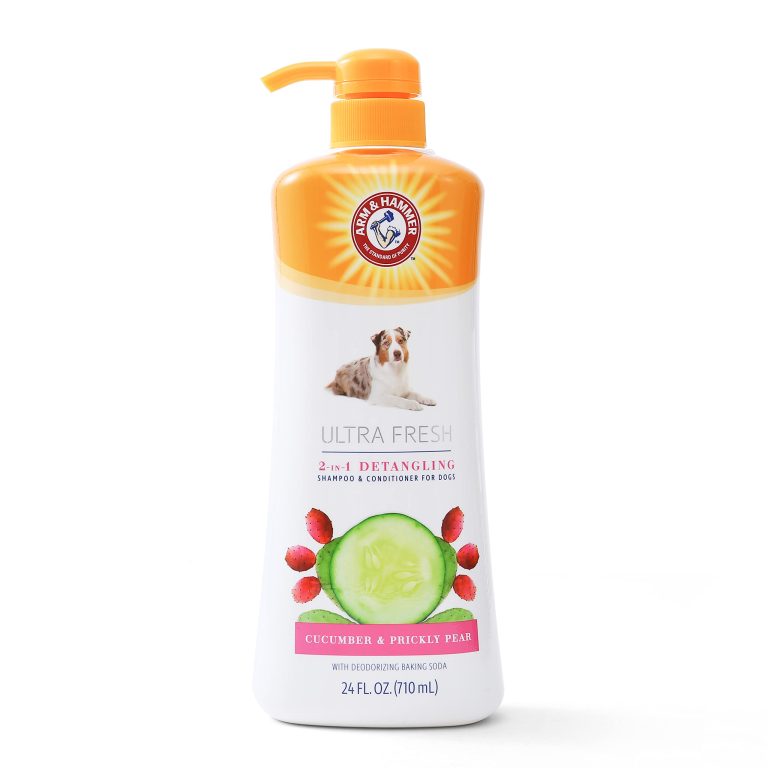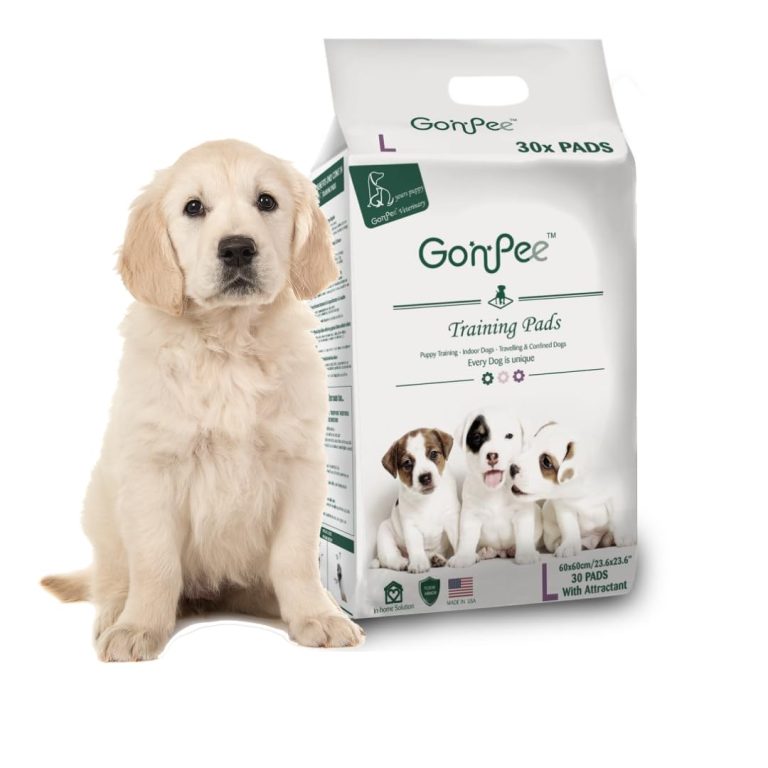Skye Terrier

Skye Terrier: A Guide to Care and Maintenance
The Skye Terrier is a unique breed with a rich history. Originally from Scotland, these small yet sturdy dogs have become beloved companions for many households. In this article, we will delve into the specific traits of Skye Terriers, including their strengths, weaknesses, and care guidelines to help you provide the best possible care for your furry friend.
Breed-Specific Traits
Skye Terriers have distinct characteristics that set them apart from other breeds. Here are some key traits to consider:
- Appearance: Skye Terriers have a long, low body, with a luxurious double coat that comes in various colors, including black, cream, and gray. They have a distinctive head shape with a strong jaw and dark, expressive eyes.
- Temperament: Skye Terriers are known for their loyalty and affectionate nature towards their family members. They have a strong sense of independence and can be reserved around strangers. They make excellent watchdogs due to their protective instincts.
- Exercise Needs: Although Skye Terriers may have a small stature, they require regular exercise to keep them physically and mentally stimulated. Daily walks, play sessions, and interactive toys are essential to prevent boredom and ensure a well-behaved pet.
- Potential Health Issues: Like any breed, Skye Terriers have certain health concerns to be aware of. These include genetic conditions such as progressive retinal atrophy (PRA), autoimmune thyroiditis, and hip dysplasia. Regular veterinary check-ups and early detection play a important role in managing these issues.
- Grooming Requirements: The Skye Terrier’s beautiful coat requires regular grooming to keep it healthy and tangle-free. Daily brushing, monthly baths, and occasional professional grooming are recommended. Pay extra attention to their ears to prevent infections, and trim their nails regularly.
- Dietary Recommendations: Skye Terriers are prone to weight gain, so it’s important to monitor their food intake and provide a balanced diet. High-quality dog food, tailored to their age, size, and activity level, is essential. Consult with your veterinarian for specific dietary recommendations.
Strengths
Skye Terriers possess several strengths that make them desirable companions:
- They are fiercely loyal and protective of their family, making them excellent watchdogs.
- Their independent nature means they can adapt well to various living situations, from apartments to larger homes.
- They are generally good with children and can form strong bonds with them if properly socialized from an early age.
Weaknesses
While Skye Terriers have many positive traits, it’s important to think their weaknesses as well:
- They may be reserved or aloof around strangers, which requires early socialization to prevent excessive shyness or aggression.
- Their independent nature can sometimes manifest as stubbornness, making training more challenging than with some other breeds. Consistency and positive reinforcement methods are key.
- Their long double coat requires regular maintenance, which may be time-consuming for busy people or those unfamiliar with proper grooming techniques.
Care Guidelines
To ensure the health and well-being of your Skye Terrier, here are some care guidelines to follow:
Socialization: Start socializing your Skye Terrier from an early age to prevent behavioral issues. Expose them to different people, animals, and environments to build confidence.
Training: Utilize positive reinforcement methods such as treats and praise. Consistency, patience, and firmness will lead to better results in training your Skye Terrier.
Regular Exercise: Engage in daily exercise activities to maintain their physical and mental well-being. This can include walks, playtime, and mentally stimulating games.
Veterinary Care: Schedule regular check-ups, vaccinations, and preventive treatments recommended by your veterinarian. Early detection of any health issues can significantly improve outcomes.
Grooming: Dedicate time for daily brushing, monthly baths, and regular ear cleaning. Think professional grooming if you are unable to manage their coat on your own.
Diet: Feed your Skye Terrier a balanced diet suited to their specific needs. Avoid overfeeding and monitor their weight to prevent obesity.
By following these care guidelines, you can ensure that your Skye Terrier lives a happy and healthy life in your home.






